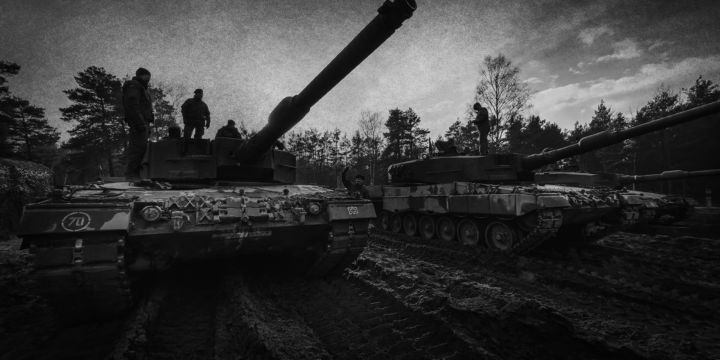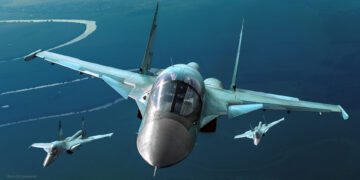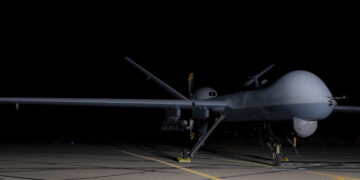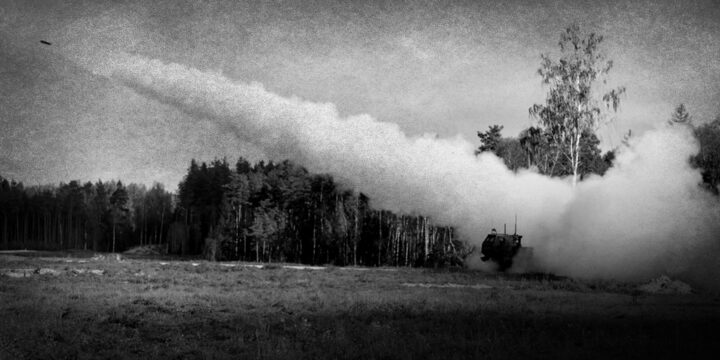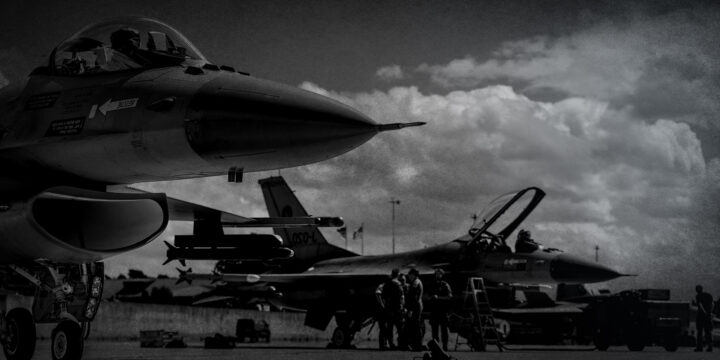January 17, 2024
Could a Ukraine-Russia deal have cut Moscow’s invasion short? Not so fast
By Rajan Menon
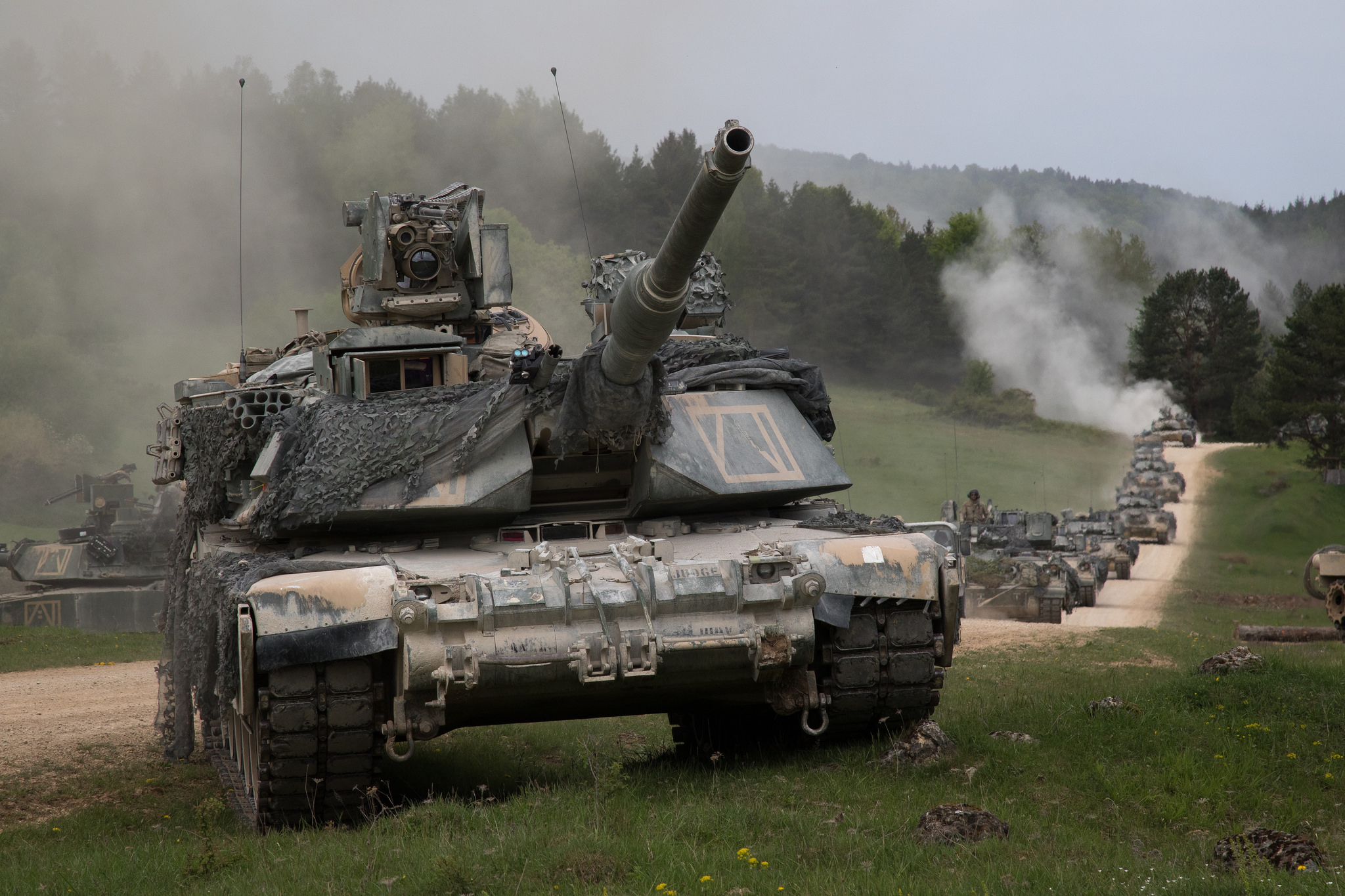
Wall Street Journal correspondent Yaroslav Trofimov’s superb, just-published book on the Russian invasion of Ukraine, Our Enemies Will Vanish, contains an illuminating discussion of what exactly happened in the talks that Russia and Ukraine held soon after the war began on February 24, 2022. It has long been asserted, notably by those who believe that Russia’s war was defensive in nature and indeed forced on it by NATO expansion, that a golden opportunity to end the invasion was missed during those discussions—by Ukraine and because of Western pressure on Kyiv to reject any deal with Moscow. Trofimov debunks this theory, as I do here. While we reach the same conclusion, our pathway to it and the evidence we use are not identical.
The gist is that a Russo-Ukrainian grand bargain was on the table soon after the invasion. The terms were simple: Moscow would end the war if Kyiv abandoned its plan to join NATO and declared neutrality instead. But according to a narrative that enjoys wide currency, Ukraine, pressured by the West, refused, sentencing itself to a horrific war now nearing the two-year mark.
This account deserves careful consideration because it is far from a crackpot theory. It is logically plausible, rests on evidence, and has been embraced by prominent participants in the debate on American policy toward Ukraine. Russia certainly viewed NATO’s march toward its borders as a significant threat—long before Vladimir Putin became president in 2000. An irate Boris Yeltsin made that clear in December 1994, years before NATO admitted its first new members in 1999.
More on Eurasia
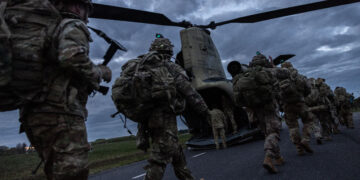
By Dan Caldwell
August 26, 2025
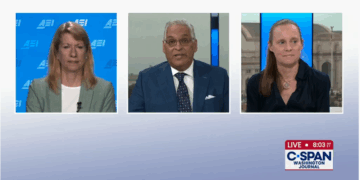
Featuring Jennifer Kavanagh
August 19, 2025
Events on Ukraine-Russia
